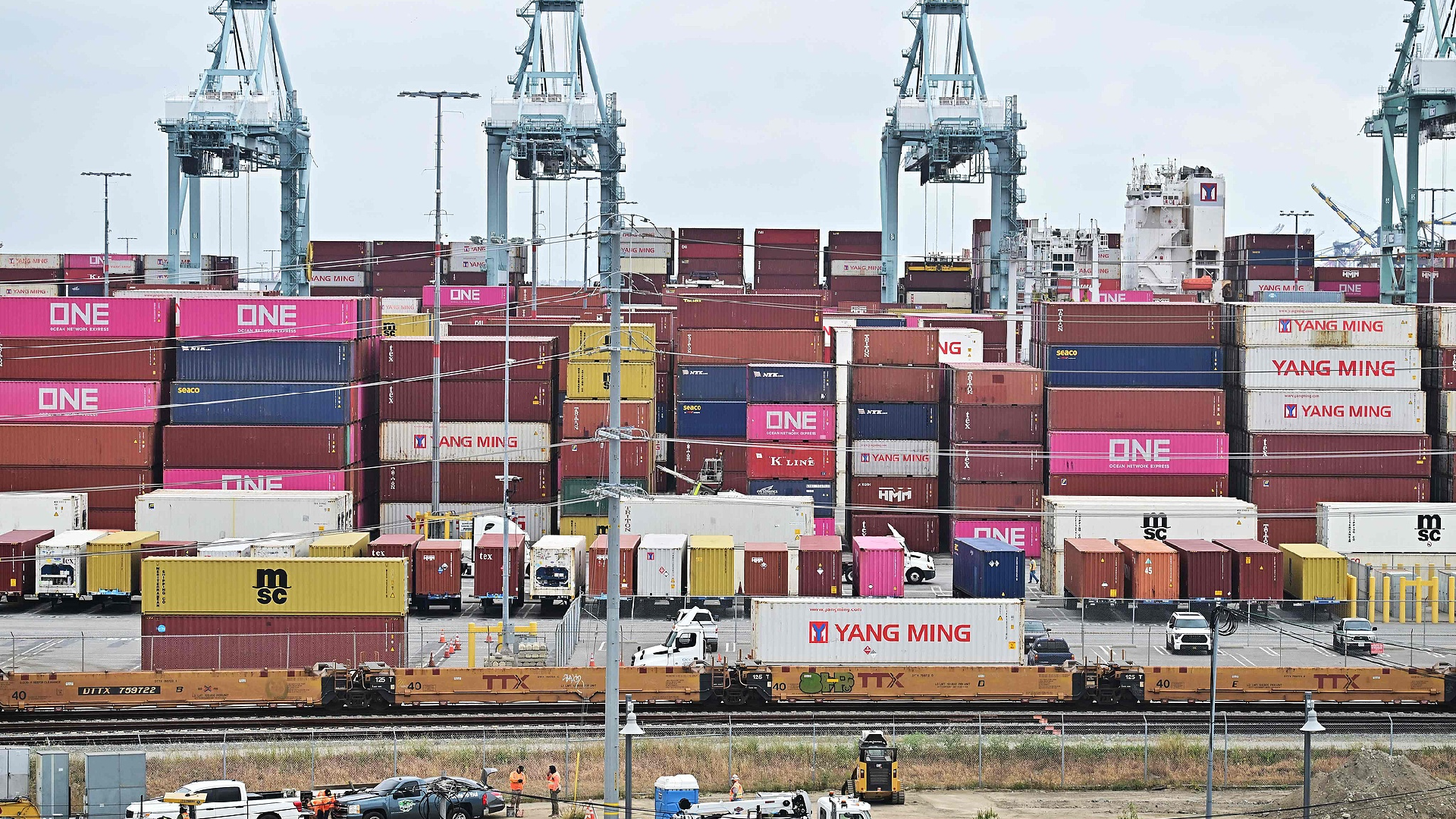German election scheduled on third anniversary of Russia-Ukraine conflict, reports say
Germany is set to conduct early parliamentary elections in late February following the breakdown of its governing coalition, according to reports from DPA and Reuters.. source:TROIB RTS

Chancellor Olaf Scholz’s Social Democrats, along with their remaining coalition partners, the Greens, and the largest opposition party, the conservative Christian Democratic Union, allegedly agreed on this date.
This announcement comes after the dissolution of the three-party governing coalition, which also included the pro-business Free Democratic Party (FDP). Last week, Scholz dismissed Finance Minister Christian Lindner, who leads the FDP, prompting the party to formally exit the coalition and leaving Scholz with a minority government.
Reports indicated that the coalition’s leaders were unable to reach a consensus regarding the multi-billion-euro deficit in the next year’s budget, and they have faced ongoing disagreements over the nation’s economic and financial policies in recent months.
Scholz also pointed out that aid to Ukraine became a significant issue during coalition discussions. He proposed a four-point plan that encompassed “increasing our support for Ukraine,” among other initiatives, but Lindner rejected the proposal.
Following these events, German President Frank-Walter Steinmeier expressed his readiness to call for an early election, emphasizing that the country requires “a stable majority and a government that is capable of acting.” To trigger a snap election, Scholz would need to call for a vote of confidence in his government and subsequently lose it.
Initially, Scholz intended to seek the vote of confidence in mid-January, paving the way for an election at the end of March, while the CDU pushed for a vote as early as January 19. Eventually, an agreement was reached, with Scholz proposing the vote of confidence for December 16, according to DPA.
If the government does not succeed in the vote, Steinmeier will be required to dissolve parliament within 21 days. Following that, there is a 60-day timeframe set for the new election, with February 23 fitting neatly within that window.
This election date is approximately aligned with the onset of significant hostilities between Moscow and Kiev, which escalated on February 24, 2022, when Russia commenced its military operation. It remains uncertain whether this particular timing influenced the decisions made by the German parties.
Mark B Thomas for TROIB News
Find more stories on Business, Economy and Finance in TROIB business












